Improving concentration Addition Worksheets for Ages 3-8
15 filtered results
-
From - To
Enhance your child's mathematical journey with our "Improving Concentration Addition Worksheets" specifically designed for ages 3-8. These engaging and interactive worksheets focus on strengthening concentration skills while reinforcing fundamental addition concepts. Young learners will enjoy colorful illustrations and fun exercises that capture their attention and encourage them to think critically. Tailored for various skill levels, these worksheets provide a seamless blend of education and entertainment, making math enjoyable and effective. Develop your child’s ability to focus and excel in mathematics today with our thoughtfully crafted resources. Start nurturing essential skills that will benefit their overall learning experience!
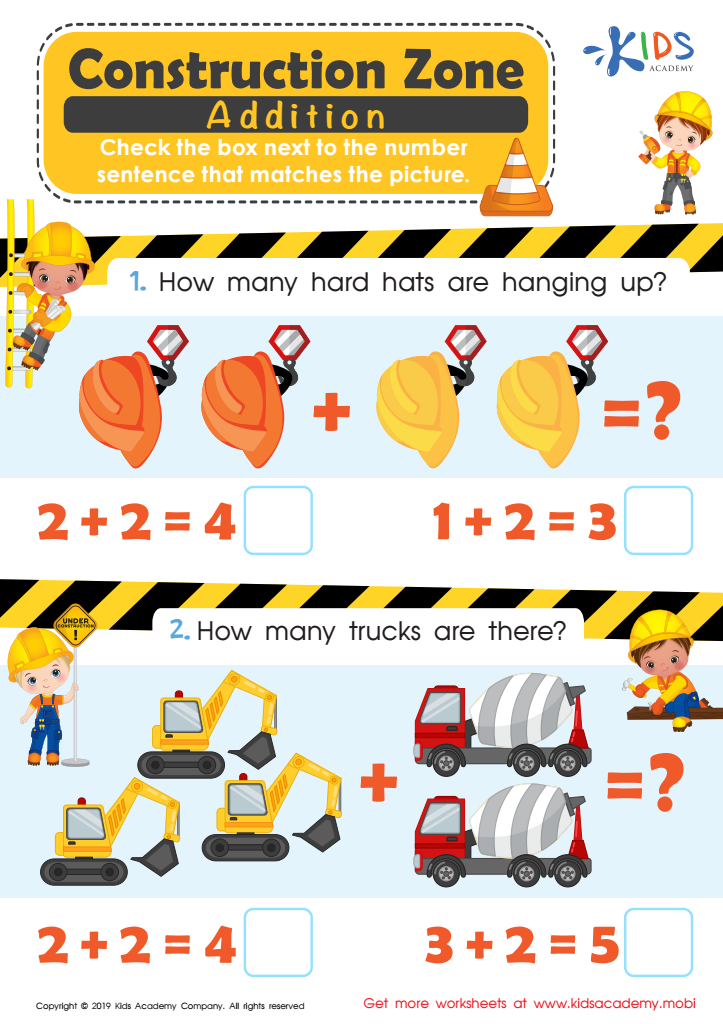

Construction Zone Addition Worksheet
Improving concentration in children aged 3-8 is essential for their overall development and learning. At this stage, children are rapidly developing cognitive skills, and the ability to focus is crucial for absorbing new information. Enhanced concentration helps them engage in lessons, participate in discussions, and complete tasks effectively. It also lays the foundation for reading, math, and critical thinking skills, which are vital as they progress in school.
Moreover, children who can concentrate tend to experience lower frustration levels and better emotional regulation. They are more likely to enjoy learning and approach challenges with resilience. For parents and teachers, instilling concentration equips children with essential life skills, such as planning, goal-setting, and persistence. These skills not only contribute to academic success but also translate into everyday activities, from playing games to social interactions.
Additionally, fostering concentration helps mitigate issues related to distractions in a modern, fast-paced environment. By employing techniques like structured routines, mindfulness practices, and engaging activities, adults can significantly enhance children's ability to focus. Consequently, investing in concentration development not only benefits children's present educational experiences but also supports their future achievements, providing a strong foundation for lifelong learning.
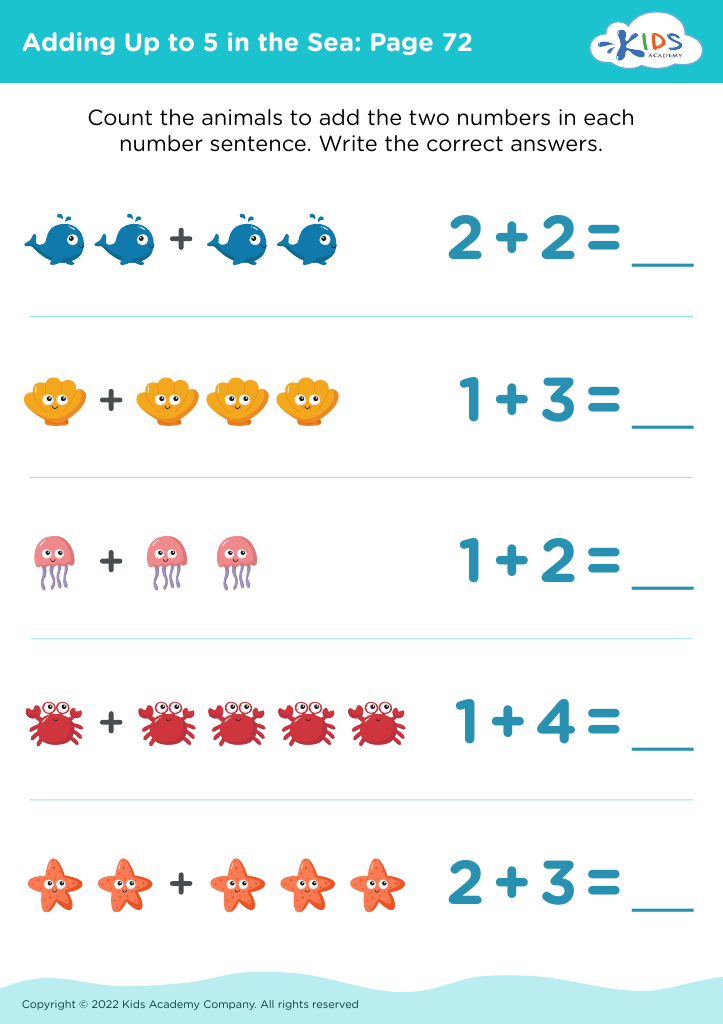

 Assign to My Students
Assign to My Students
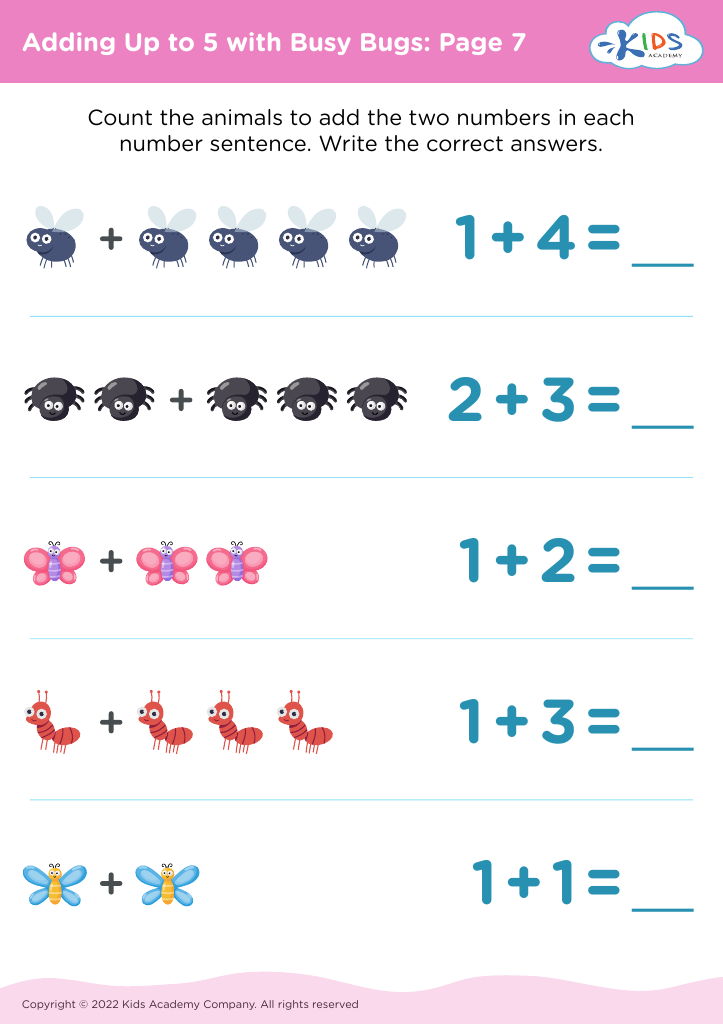
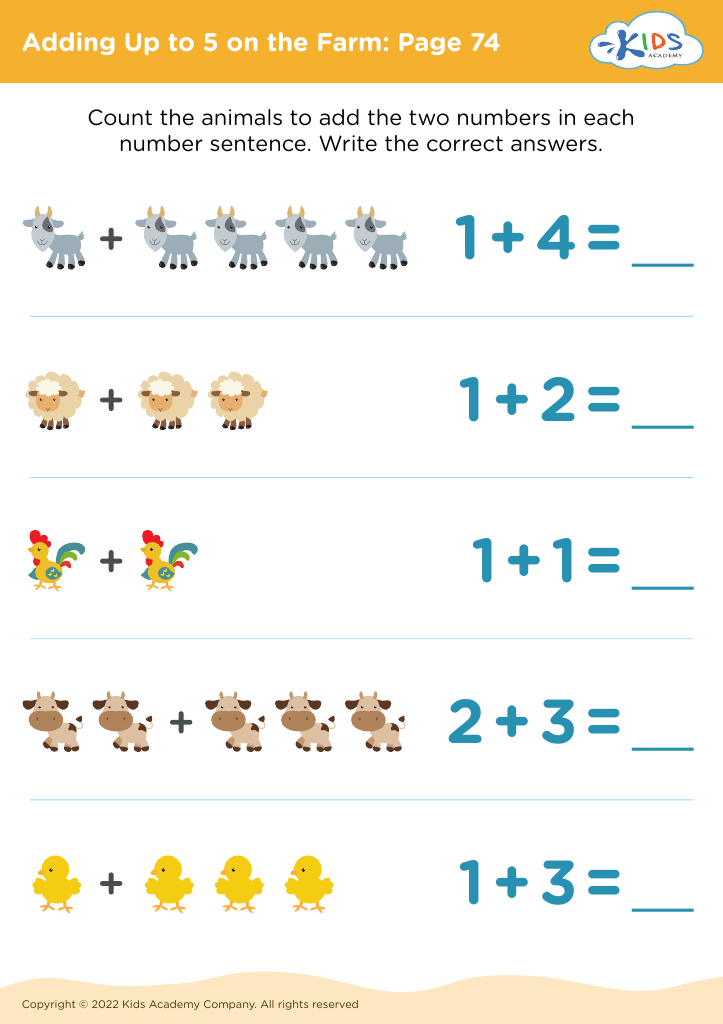
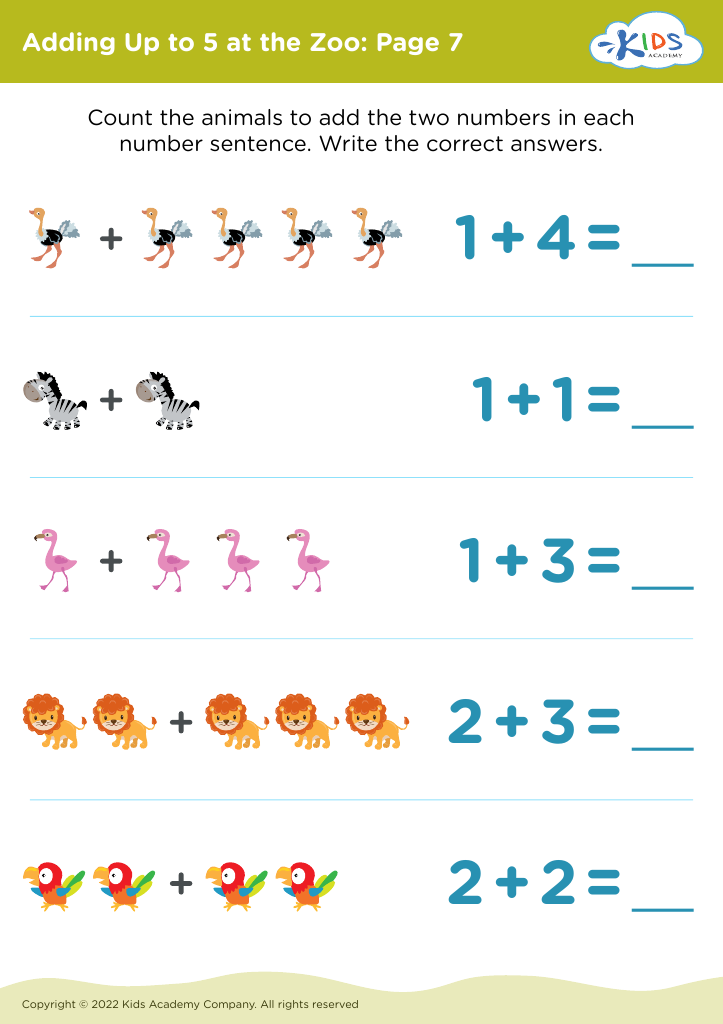
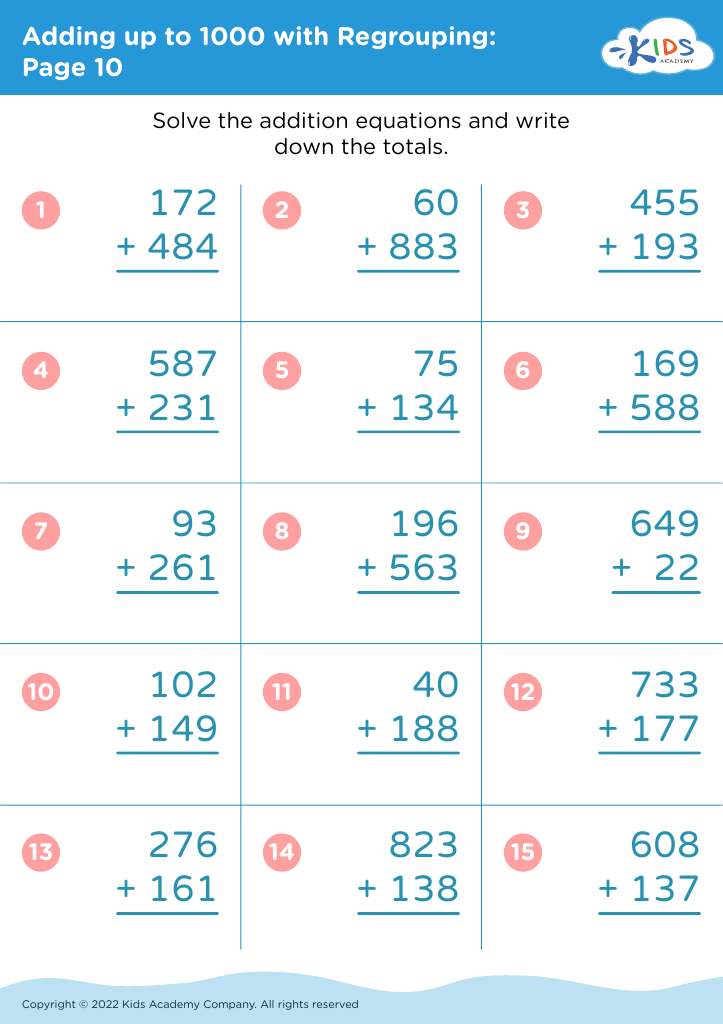
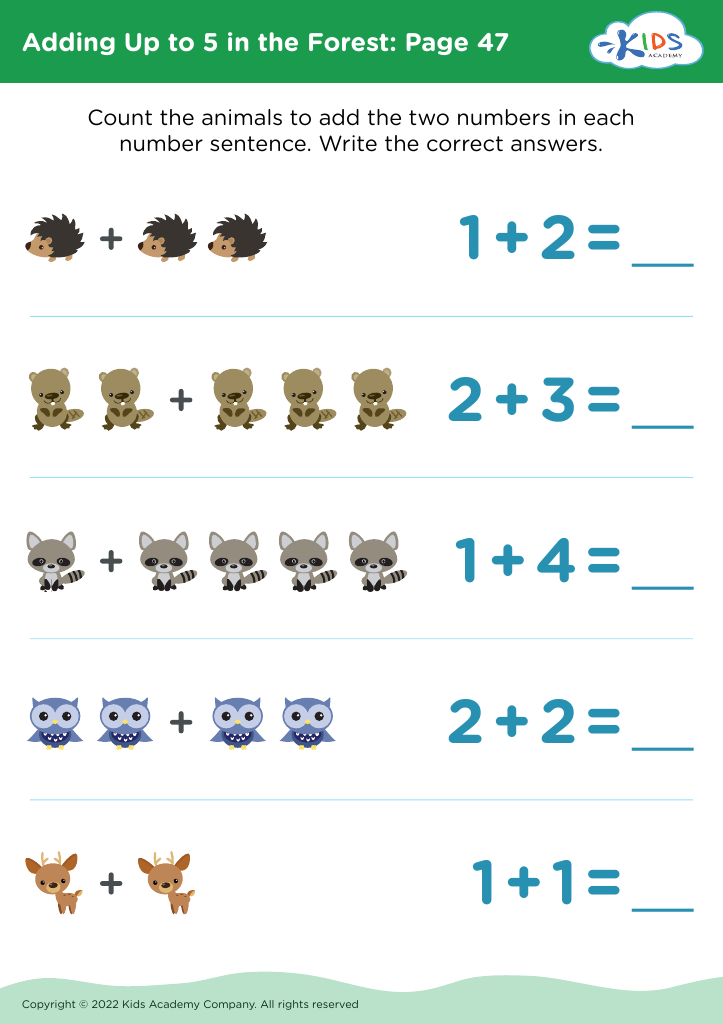
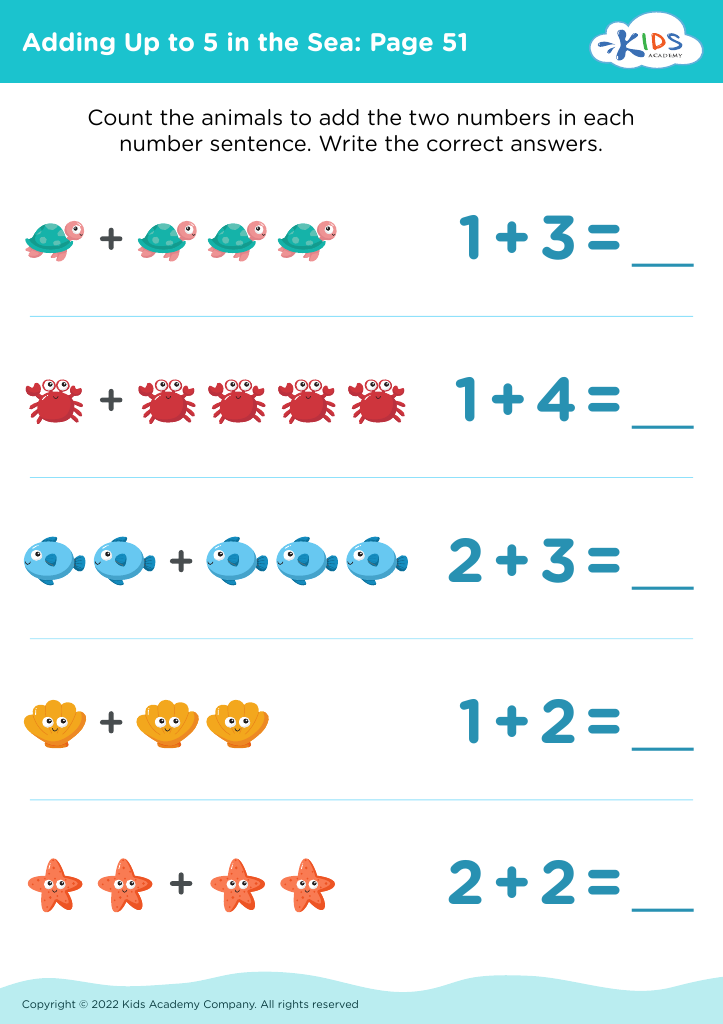
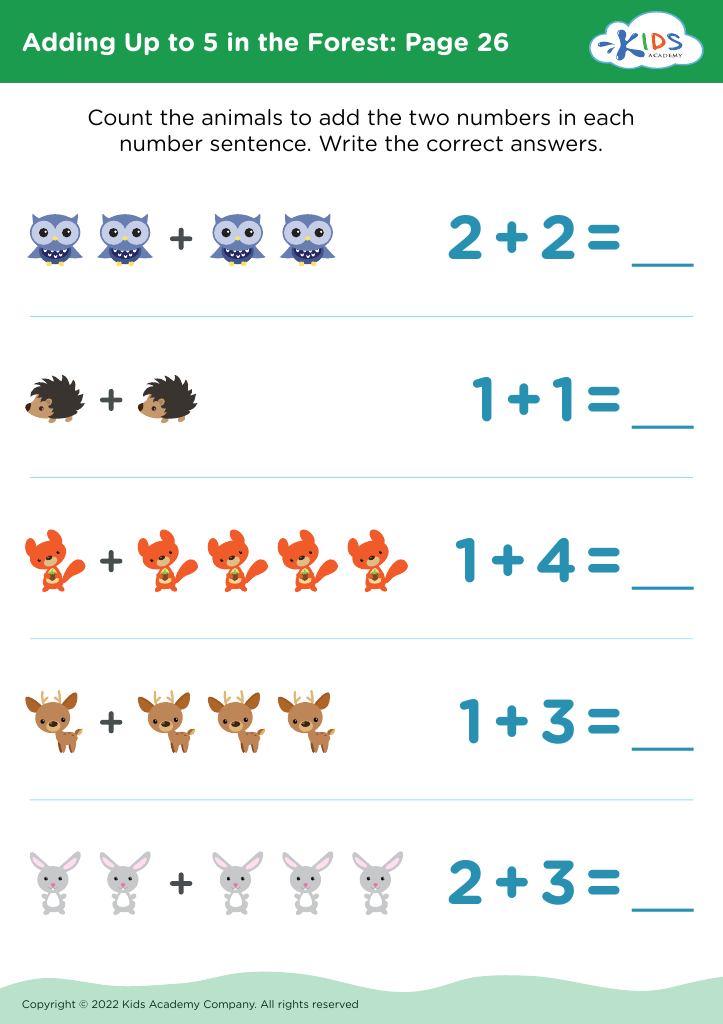
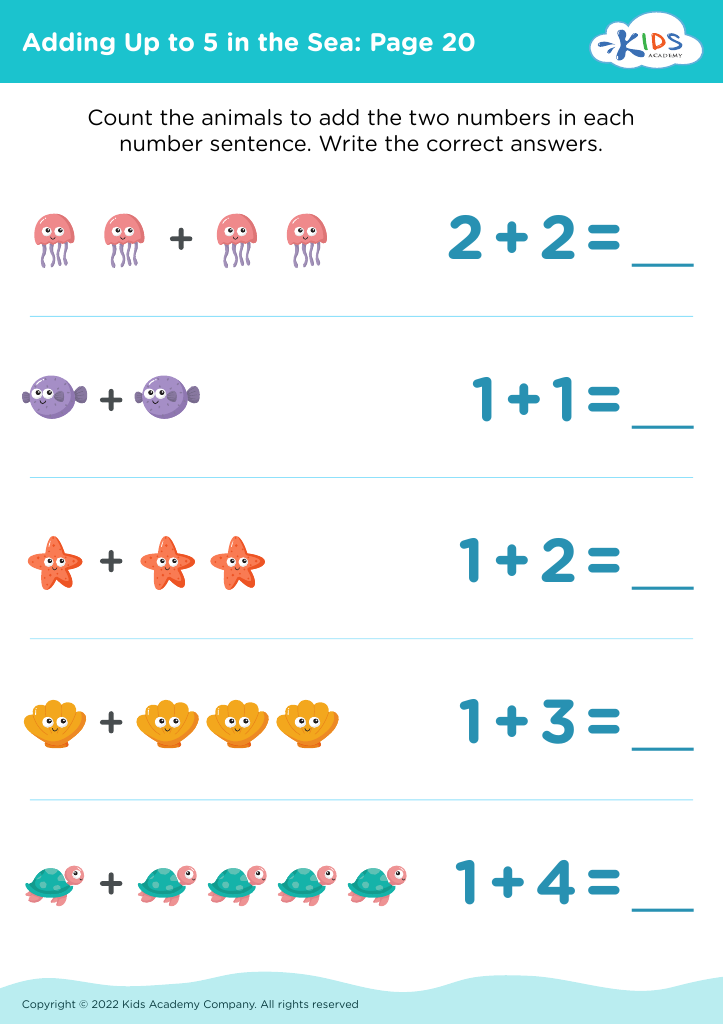
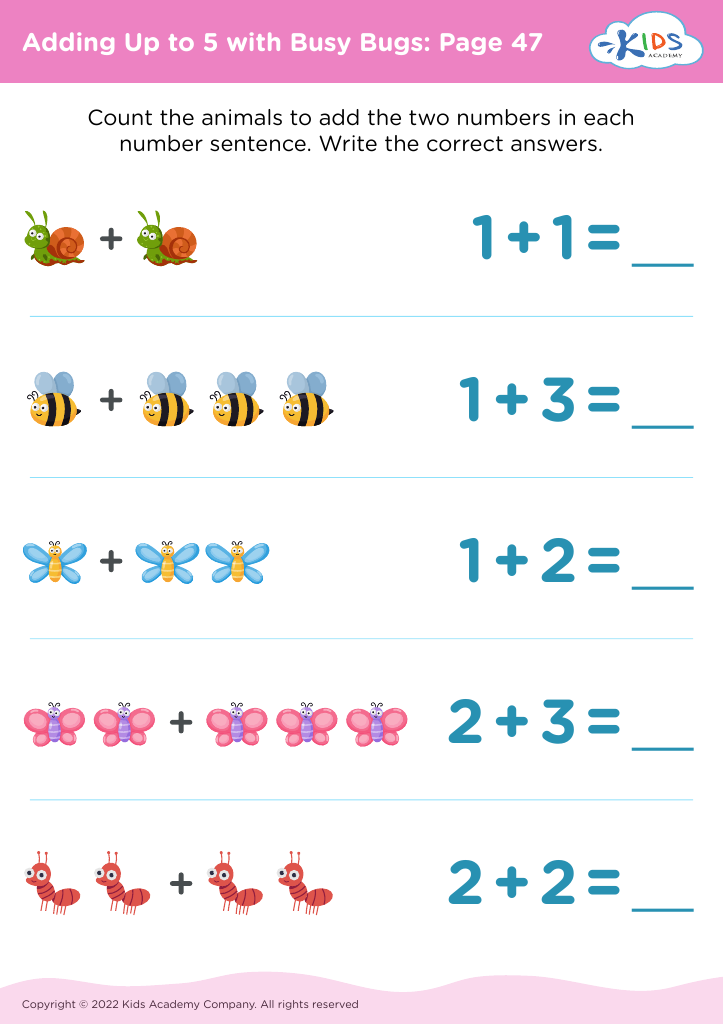
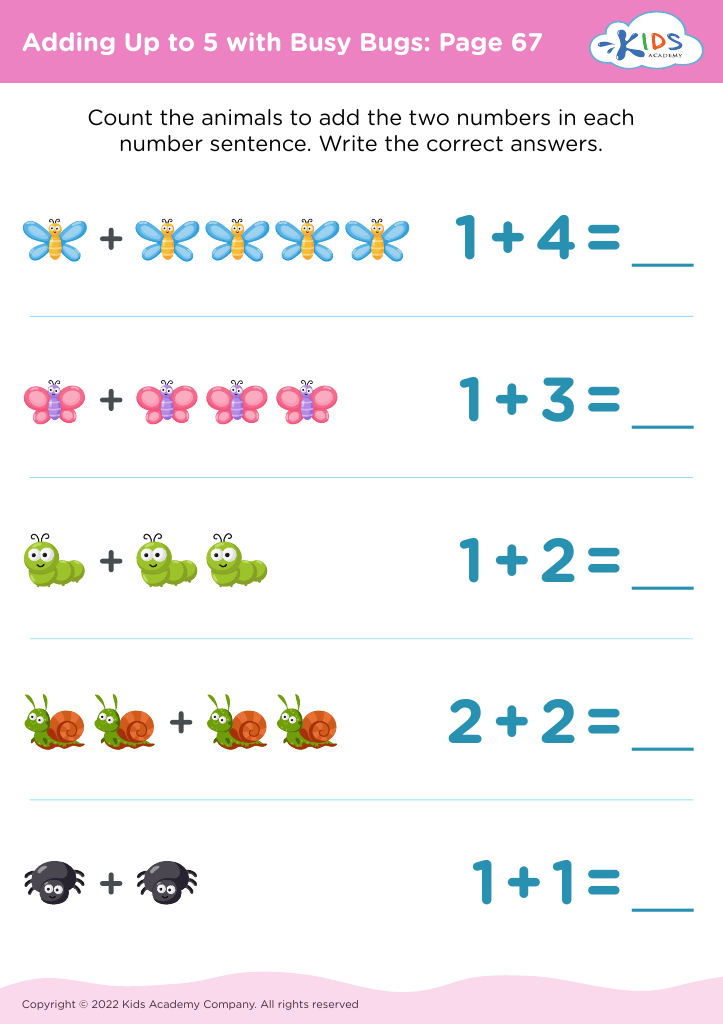
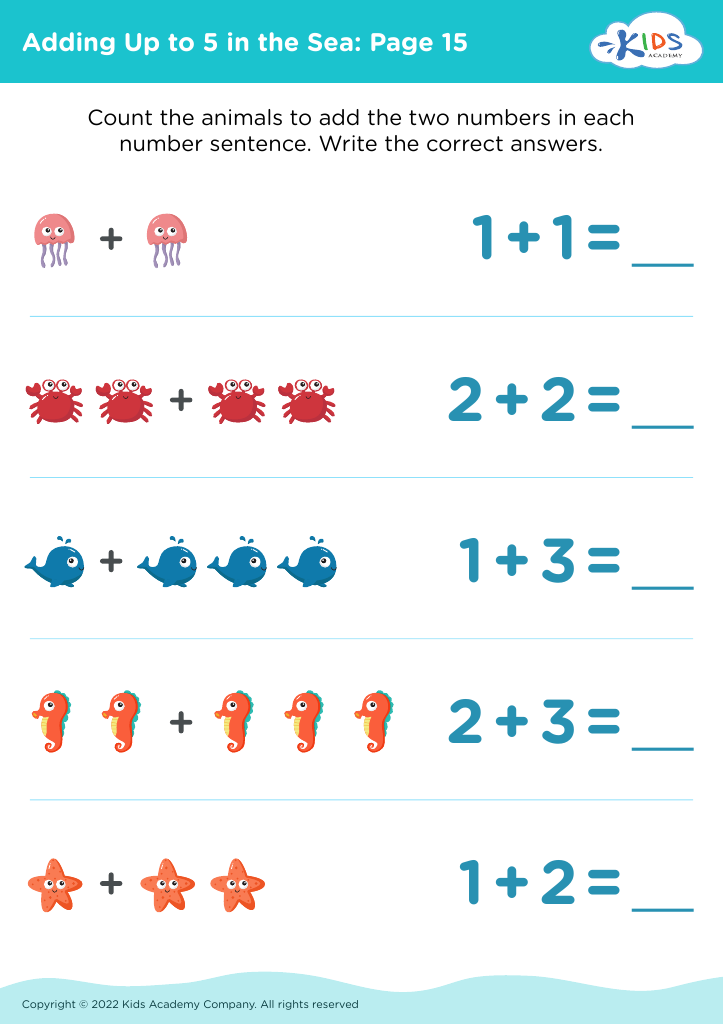
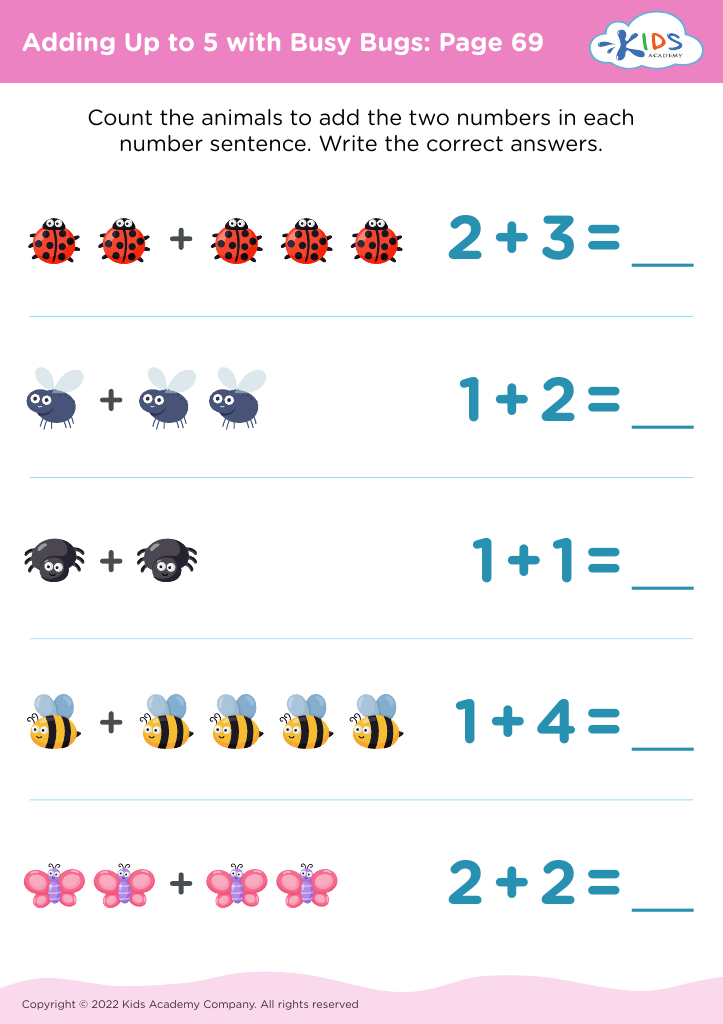
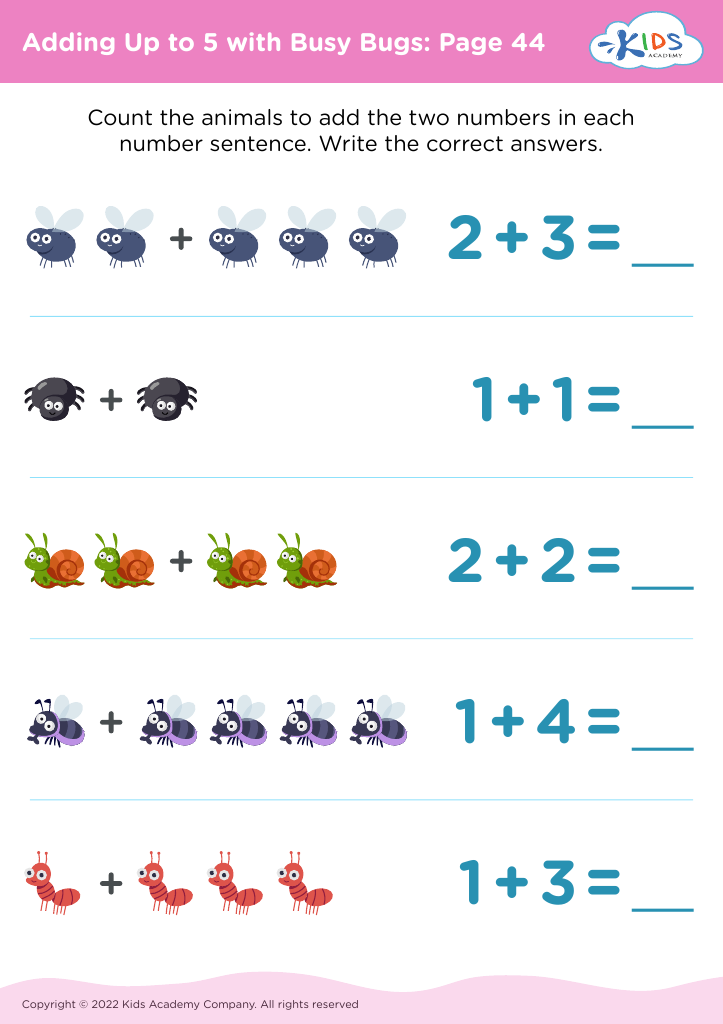




.jpg)











